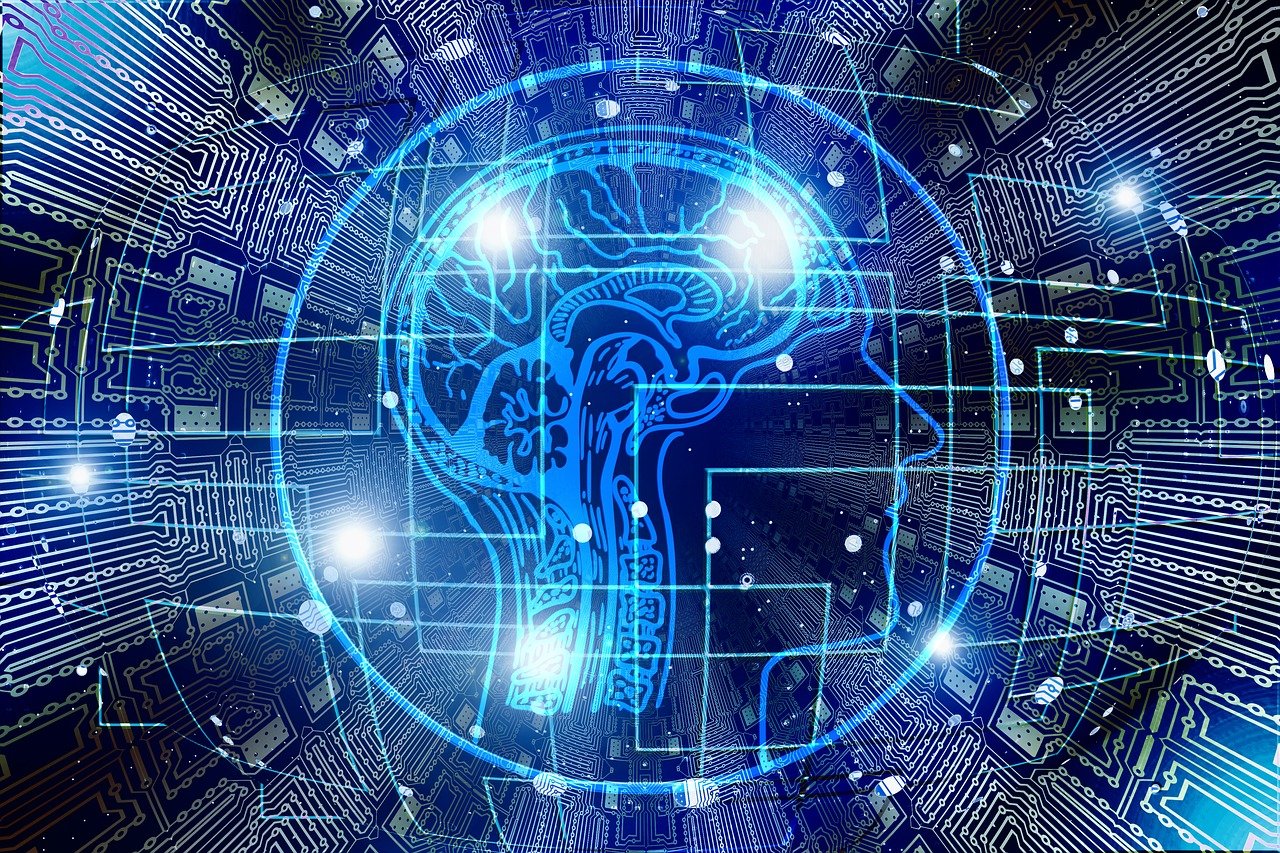This post is also available in:
 עברית (Hebrew)
עברית (Hebrew)
In today’s AI-obsessed landscape, the centralization of AI expertise among a select few private corporations has significant implications for the future of technology and society. The intense concentration of knowledge and resources in the hands of a handful of industry giants is more than a business matter but a potential societal concern.
The AI industry which was once made up of academic researchers is now dominated by powerful companies that invest heavily in AI research, attract top talents, and acquire promising startups. This merging of expertise and resources definitely led to groundbreaking innovations, but it is not without its dangers.
According to Cybernews, a core concern is the companies’ ability to control what gets developed and how it’s used, thus shaping the AI landscape according to their business interests, which may not always align with the public good.
In this situation, companies that are driven by profit motives may prioritize developments that benefit their bottom line while dismissing ethical considerations. Other dangers include the risk of bias in AI algorithms, privacy infringements, and the use of AI for surveillance. Furthermore, these giants are currently shaping our societal norms and their reach is only expected to grow.
Economically, the centralization of AI expertise could stifle innovation- smaller companies struggle to compete with the resources and data access of these large corporations, potentially leading to a reduction in the diversity of ideas and innovations in the AI space. This concentration of wealth also makes it that smaller businesses are left behind and the wealth gaps are worsening.
When it comes to finding a solution, balancing the benefits and risks of AI centralization is a delicate task. On the one hand, the resources and capabilities of these large companies have driven much of the progress in AI, but on the other, the risks of such concentration of power are too significant to ignore.
Experts claim that one approach is regulation and oversight, in which governments and international bodies could implement policies to ensure that the development of AI technologies is aligned with ethical standards and public interest. Another approach is fostering a more decentralized AI ecosystem by supporting open-source AI projects, providing grants and incentives for smaller AI firms, and investing in public research institutions. This diversification of the source of AI innovation ensures a more balanced development of these technologies. This is important because while AI technology becomes a greater part of our world, it is crucial to ensure that its development is aligned with the broader interests of society.


























